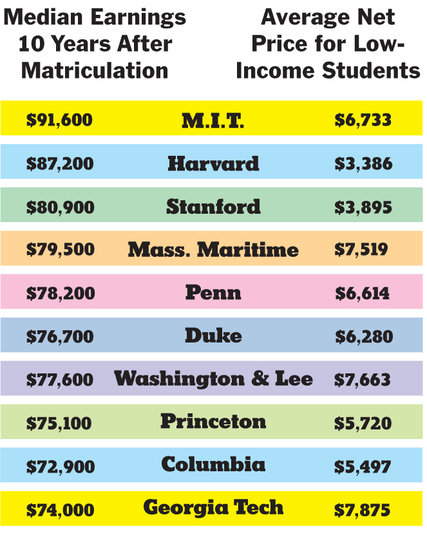The following is from a recent article about a situation this past fall at Yale that had crept back into the news and is still as mind-blowing as it was when they reported on it back in December.
Erika Christakis used (keyword here) to teach a course at Yale titled “The Concept of the Problem Child,” a discussion of child development and socialization in a historical and modern context. It was so popular she had planned extra sessions this semester to accommodate the hundreds of interested students. Then she sent and email subject line: “Dressing Yourselves” to students in the residence hall where she and her husband serve as masters. In it, she criticized a detailed memo from administrators advising sensitivity in their choice of Halloween costumes and activities. The essential point in the email was that the university’s memo infantilized the students. The term, in developmental psychology, refers to a parenting approach that uses a level of assistance and control more appropriate for much younger children; ultimately, such behavior can hinder capacities to develop independence and resilience.
Sounds logical, at least, it does to me. But what happens next is mind-boggling: An open letter denounced her views as degrading to marginalized people and garnered nearly a thousand signatures at the University, and a video of students confronting and verbally assaulting her husband went viral. What’s more, and worse, is that she will no longer be teaching at Yale.
This is just one reason kids today lack decision-making skills and resilience; this is why they are unable to accept, understand, or work through failure or setbacks; this is a problem.
“Instead of promoting the idea of college as a transition from the shelter of the family to adult autonomy and responsibility, universities like Yale have given in to the implicit notion that they should provide the equivalent of the home environment….To prepare for increased autonomy and responsibility, college needs to be a time of exploration and experimentation. This process entails “trying on” new ways of thinking about oneself both intellectually and personally, which is possible only if a certain degree of freedom is allowed. While we should provide “safe spaces” within colleges for marginalized groups, we must also make it safe for all community members to express opinions and challenge majority views. Intellectual growth and flexibility are fostered by rigorous debate and questioning.”
Get a grip, Yale, and everybody else who does not see how damaging this is. Read more here, here and here if this makes you as livid as it makes me.
